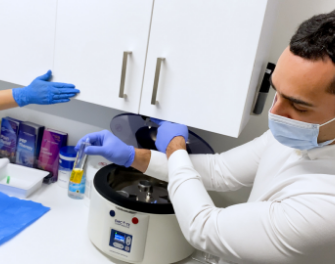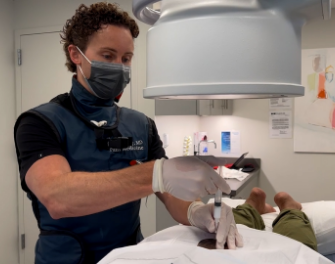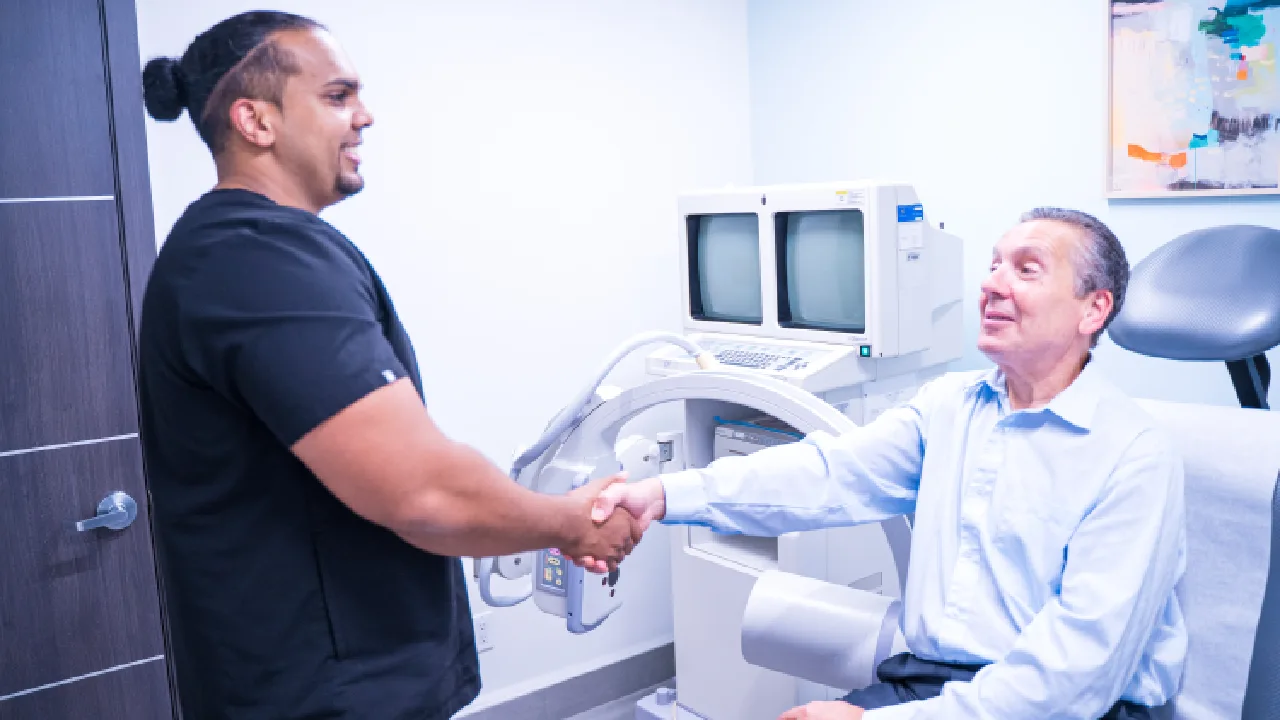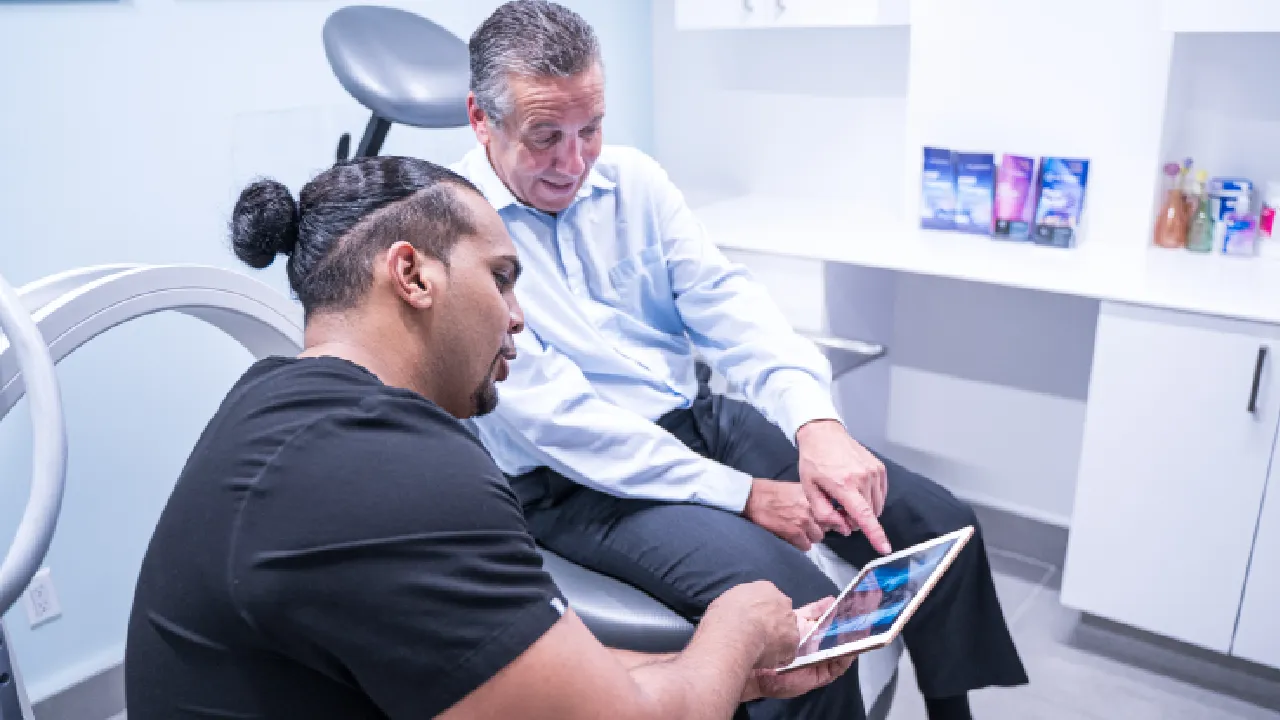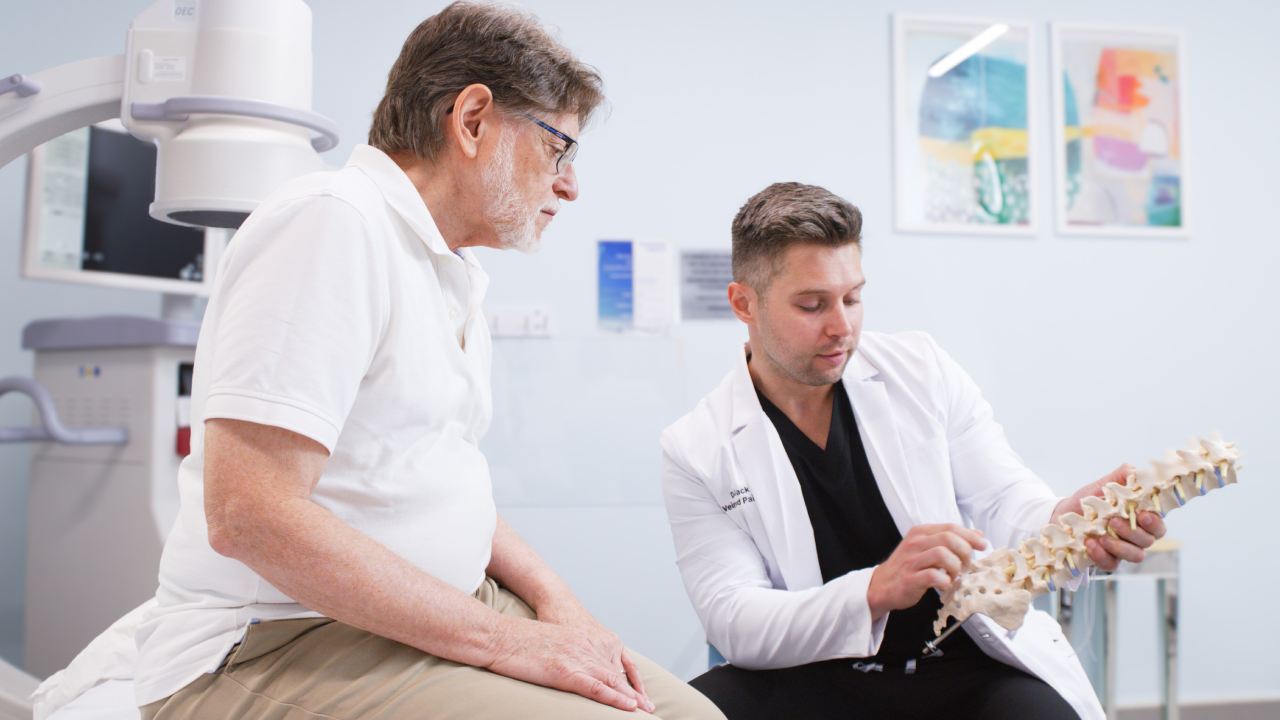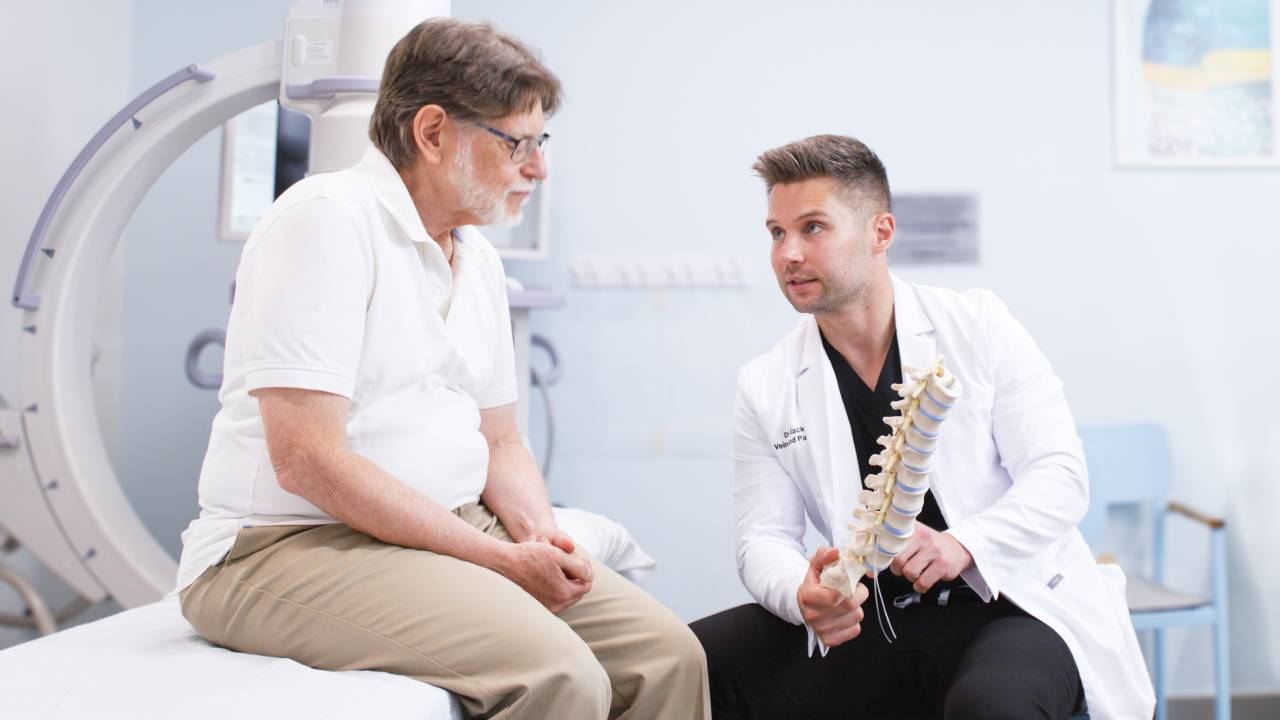
The Importance of Patient Advocacy in Advancing Pain Research
Pain is a universal experience, yet its management and treatment remain complex and varied. For those who suffer from chronic pain, finding relief can be an ongoing battle. At Pain Treatment Specialists, we understand the critical role patient advocacy plays in driving forward advancements in pain research. In this article, we delve into the significance of patient advocacy in shaping the landscape of pain treatment and explore how it fuels innovation and fosters collaboration between patients, healthcare providers, and researchers.
Are you interested in get more information about your condition or get a treatment?
Fill the form below to start!
What Is Patient Advocacy?
Patient advocacy is the principle that every patient has the right to quality care, respect, and autonomy in decision-making regarding their health. It encompasses a range of activities aimed at empowering patients to voice their needs, preferences, and concerns within the healthcare system. From raising awareness about specific conditions to lobbying for policy changes, patient advocacy serves as a catalyst for positive change in healthcare delivery and research.
Why Patient Advocacy is Crucial in Pain Research:
- Enhancing Research: Patients bring a unique perspective to the table, grounded in their experiences with pain. By involving them in research planning and prioritization, researchers can ensure that studies address issues that matter most to patients. This increases the relevance of research findings and fosters a sense of ownership among participants.
- Improving Treatment Outcomes: Understanding the diverse manifestations of pain is paramount in developing effective treatments. Patients can provide valuable insights into the nuances of their symptoms, treatment preferences, and treatment efficacy. By incorporating patient feedback into clinical decision-making, healthcare providers can tailor interventions to better meet individual needs, ultimately leading to improved treatment outcomes.
- Fostering Trust and Transparency: Transparent communication and mutual respect are fundamental pillars of patient advocacy. By fostering an environment of trust and transparency, researchers can cultivate meaningful partnerships with patients. This open dialogue not only strengthens the research community’s credibility but also ensures that patients feel valued and respected throughout the research process.
- Promoting Access to Care: Patient advocacy extends beyond the research setting to advocate for improved access to pain management resources and services. By amplifying patient voices, advocates can influence policies, increase funding for pain research, and promote initiatives aimed at reducing disparities in pain care. These collective advocacy efforts are essential in ensuring that all individuals have access to high-quality, equitable pain management options.
- Driving Innovation: Innovation thrives when diverse perspectives converge. By actively engaging patients in the research process, researchers can tap into a wealth of experiential knowledge and innovative ideas. Whether through participatory research methods, patient advisory boards, or community partnerships, involving patients as equal partners in the research can lead to breakthrough discoveries and transformative solutions.
How You Can Get Involved:
- Join Patient Advisory Groups: Many research institutions and advocacy organizations have patient advisory boards or committees where individuals with lived experience can provide input and guidance on research initiatives.
- Participate in Clinical Trials: By volunteering to participate in clinical trials, you can directly contribute to the advancement of pain research and help evaluate the safety and efficacy of new treatments.
- Share Your Story: Your personal experiences with pain can provide valuable insights for researchers and policymakers. Consider sharing your story through blogs, social media, or patient advocacy organizations to raise awareness and advocate for change.
- Advocate for Policy Change: Get involved in advocacy efforts aimed at improving access to pain care, increasing funding for research, and promoting policies that prioritize patient-centered care.
- Educate Yourself and Others: Stay informed about the latest developments in pain research and advocacy efforts. Share knowledge with your community and encourage others to join the movement for positive change.
How We Empower Patients to Become Active Agents in Pain Management
At Pain Treatment Specialists, we prioritize empowering our patients to take an active role in managing their pain. Through a patient-centered approach, we provide comprehensive care that prioritizes collaboration, education, and personalized treatment planning. Here’s how we empower our patients every step of the way:
Detailed Consultations
Our process begins with a detailed consultation, where we aim to establish a strong foundation for your care. During this consultation, we take the time to listen to your concerns, understand your medical history, and assess your unique needs. We encourage open communication and transparency, allowing you to feel heard and valued as a partner in your care. By building trust and rapport, we ensure you feel comfortable and confident in the care you receive from us.
Thorough Diagnosis
Accurate diagnosis is fundamental to effective pain management. We employ state-of-the-art diagnostic techniques and advanced imaging technologies to identify the underlying causes of your pain. Our team of board-certified interventional pain specialists conducts a comprehensive evaluation of your condition, considering factors such as your medical history, symptoms, physical examination findings, and diagnostic test results. By assessing your condition, we can develop a targeted treatment plan tailored to your specific needs.
Patient Education
Education is a powerful tool in empowering patients to make informed decisions about their health. We provide you with the knowledge and resources you need to actively participate in your care. During your appointments, we take the time to educate you about your condition, treatment options, and self-care strategies. We use clear and concise language to explain complex medical concepts, ensuring you have a thorough understanding of your diagnosis and treatment plan. Additionally, we provide educational materials, resources, and support.
Personalized Treatment Planning
No two patients are alike, which is why we ensure personalized treatment planning. Based on your diagnosis, medical history, and treatment goals, we develop a customized care plan that addresses your unique needs and preferences. Our multidisciplinary team collaborates to create a comprehensive treatment approach that may include physical therapy, minimally invasive pain treatments, regenerative medicine, and lifestyle modifications. We work closely with you to tailor our approach to optimize your outcomes and enhance your quality of life.
Comprehensive Pain Management
Effective pain management requires a comprehensive approach that addresses the physical, emotional, and social aspects of pain. In addition to addressing your symptoms, we focus on improving your overall well-being and quality of life. Our multidisciplinary team collaborates to provide holistic care that encompasses a range of evidence-based interventions.
These include medications to alleviate pain and improve function, minimally invasive pain treatments to address the root causes of pain, physical therapy to enhance mobility and strength, and lifestyle modifications to promote overall health and wellness. By addressing the multidimensional nature of pain, we empower you to achieve meaningful and sustainable relief.
Support Throughout Recovery
Recovery from pain is a journey, and we are committed to supporting you every step of the way. From the initial consultation to follow-up appointments and beyond, we provide ongoing support and guidance to help you achieve your treatment goals. We encourage open communication and collaboration, inviting you to share your concerns, ask questions, and provide feedback. Our team is readily accessible to address any issues or challenges you may encounter along the way, ensuring you feel supported throughout your recovery.
Patient advocacy is not only integral to the provision of quality care but also essential in advancing pain research and improving outcomes for individuals living with pain. At Pain Treatment Specialists, we are committed to championing patient advocacy and partnering with patients to shape the future of pain care. Together, we can make a difference.
FEATURED POSTS BY PAIN DOCTORS












